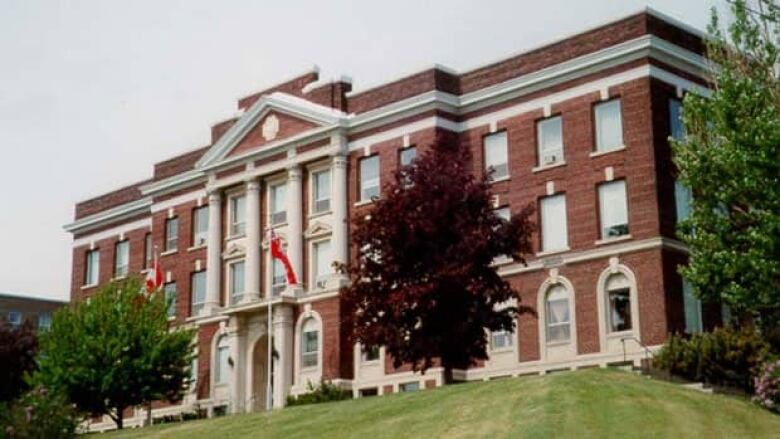Aboriginal jury roll problem hampers courts
Lack of aboriginal representation on jury rolls delays trials and inquests

A single complaint about a lack of aboriginal representation on jury rolls has led to a policy change that is disrupting the court system in Thunder Bay, Ont.,CBC News has learned.
The change has put jury trials and inquests in the district on hold for months. The province used to rely on band lists from First Nations to compile jury rolls, butbut the federal government has stopped supplying those lists.
Documents obtained by CBC Radio under access to information show the change in federalpolicy came after one person complained about privacy concerns.
That's contrary to public statements from the federal government that First Nations asked for the change.
Documents obtained by CBC Newsinclude a series of email exchanges among bureaucrats at Indian and Northern Affairs Canada (INAC) from earlier this year. The emails give the impression people were scrambling back in the spring after the court of appeal ruled two First Nations families had the right to conduct inquiries into the validity of the jury roll.
People in the INAC head office asked how to explain the change in policy so they could answer questions from the lawyer on the case.
One bureaucrat wrote the following response:
"Short version: INAC used to provide the lists, one person on the list complained that we were [breaching] their privacy, after discussion with the Office of the Privacy Commissionerwe elected to discontinue the practice."
But this version differed from the explanation given in INACs prepared media statement, which stated, "Complaints were raised by First Nations themselves about the practice of sharing these lists without consent."
The federal government stopped giving the provincial government the lists of band members for First Nations about 10 years ago. This presented problems for the province because it was using those lists to find reserve residents for jury duty. For years INAC said the change in its policy came after First Nations complained about privacy issues.
In an April 20 letter to lawyer Julian Falconer, an official with INAC explained the change in policy this way: "Indian and Northern Affairs Canada assured the First Nations that protested the information sharing that practice would cease as it is the First Nations themselves and not the department who should decide on the sharing of the band lists."
Falconer is the lawyer who represented the Nishnawbe Aski Nation in its challenge of the jury roll during the inquest of a First Nations teenager who died while attending school in Thunder Bay.
Lawyers, judges and the coroner's office have all noted the lack of aboriginal representation in the jury pool in Thunder Bay a problem that first came to light in the district during an inquest into the death of a First Nations teenager. That inquest is on hold indefinitely.
Two criminal jury trials, involving accused who are not aboriginal people, have also been delayed this year in Thunder Bay because of the jury roll problem. Concerns about the representativeness of the jury roll have also led to appeals of convictions in Barrie and Kenora, Ont. this year.
More going on than just a complaint, deputy chief says
The Deputy Chief of the Nishnawbe Aski Nation said he's surprised that all it took was a single complaint to change a policy that disrupted the entire justice system in Thunder Bay.
"I fail to see the connection to what's going on now, particularly since it's been so long," Terry Waboose said.
"I think the issue here really is that they haven't had the lists or access to these lists for the past 10 years and they've known about it. [It] wasn't until we raised it in 2008 and until this summer that we're close to getting the answers that we wanted."
Waboose said Nishnawbe Aski Nation (which represents 49 First Nations in northern Ontario) has already been in touch with the people running the provincial review. They're making arrangements to visit about a dozen First Nations in Ontario's north as part of the review. Those visits should begin later this fall.
The Nishnawbe Aski Nation is the political organization that first raised concerns about a lack of aboriginal representation on jury rolls.












_(720p).jpg)


 OFFICIAL HD MUSIC VIDEO.jpg)
.jpg)



























































































